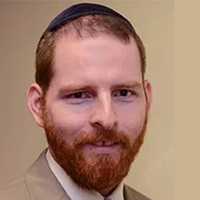Cambria Heights Criminal Lawyer, New York
Sponsored Law Firm
-
 x
x

Click For More Info:
-
Law Office of Mark S. Guralnick
55 Madison Avenue 4th Floor Morristown, NJ 07960» view mapCriminal Defense Law Dedicated. Fearless. Successful.
Mark S. Guralnick and his legal team have helped clients throughout the USA and across the world by applying unparalleled dedication and hard work to each case.
800-399-8371
Elliot Scott Schlissel
✓ VERIFIEDThe Law Offices of Schlissel DeCorpo is composed of attorneys and paralegals who are caring, dedicated professionals contributing experience and exper... (more)
Adrienne D. Edward
✓ VERIFIEDFor 25 years, Attorney Adrienne D. Edward has been offering top-notch legal representation to individuals and families throughout New York and New Jer... (more)
Menachem Mendel White
✓ VERIFIEDThe White Law Group has more than 30 years of experience representing clients in local courts. We have helped hundreds of clients through divorces, s... (more)
Ronald Steven Nir
✓ VERIFIEDRonald Nir has represented individuals and corporations in Criminal Cases for more than 30 years. He has tried to completion well over 250 felony a... (more)
FREE CONSULTATION
CONTACTVictor Knapp
FREE CONSULTATION
CONTACT Mark Guralnick Morristown, NJ
Mark Guralnick Morristown, NJ AboutLaw Office of Mark S. Guralnick
AboutLaw Office of Mark S. Guralnick Practice AreasExpertise
Practice AreasExpertise




